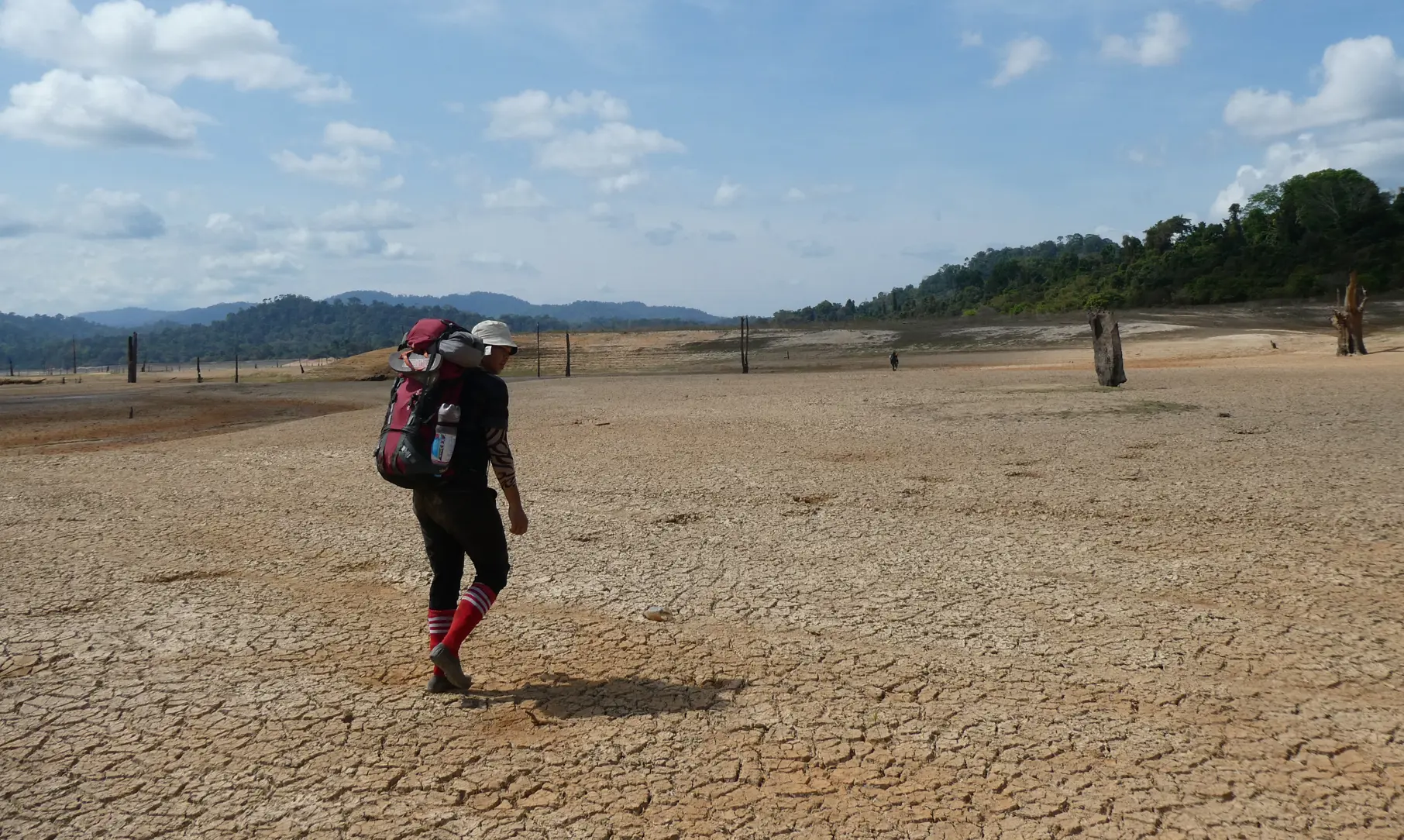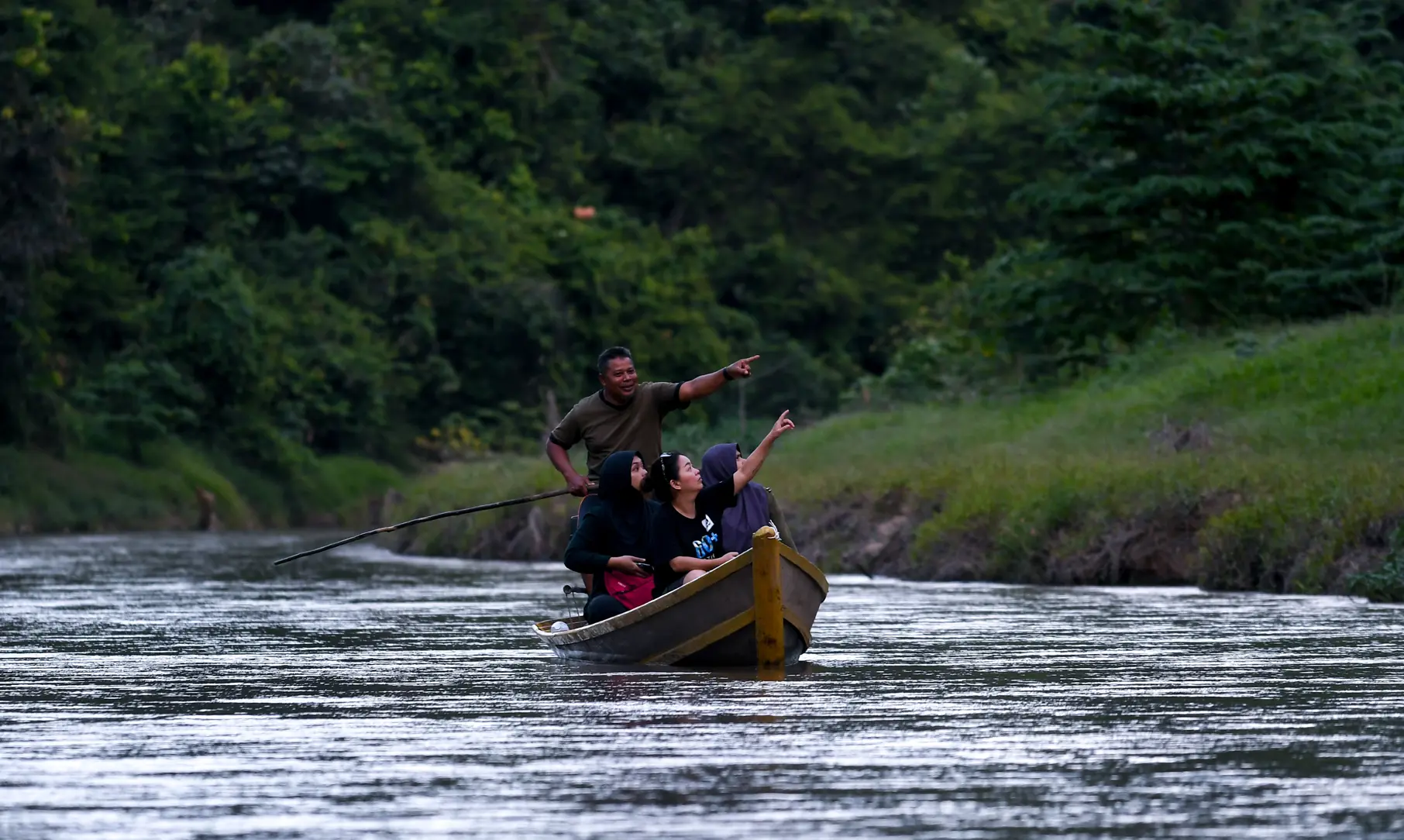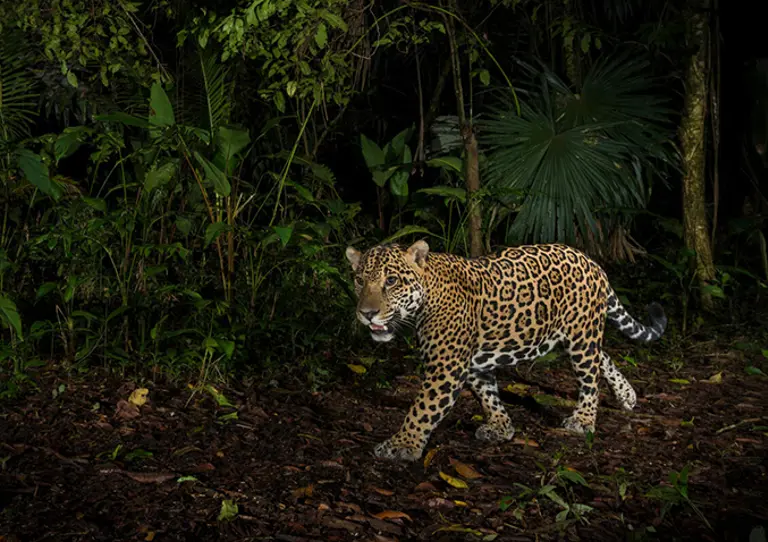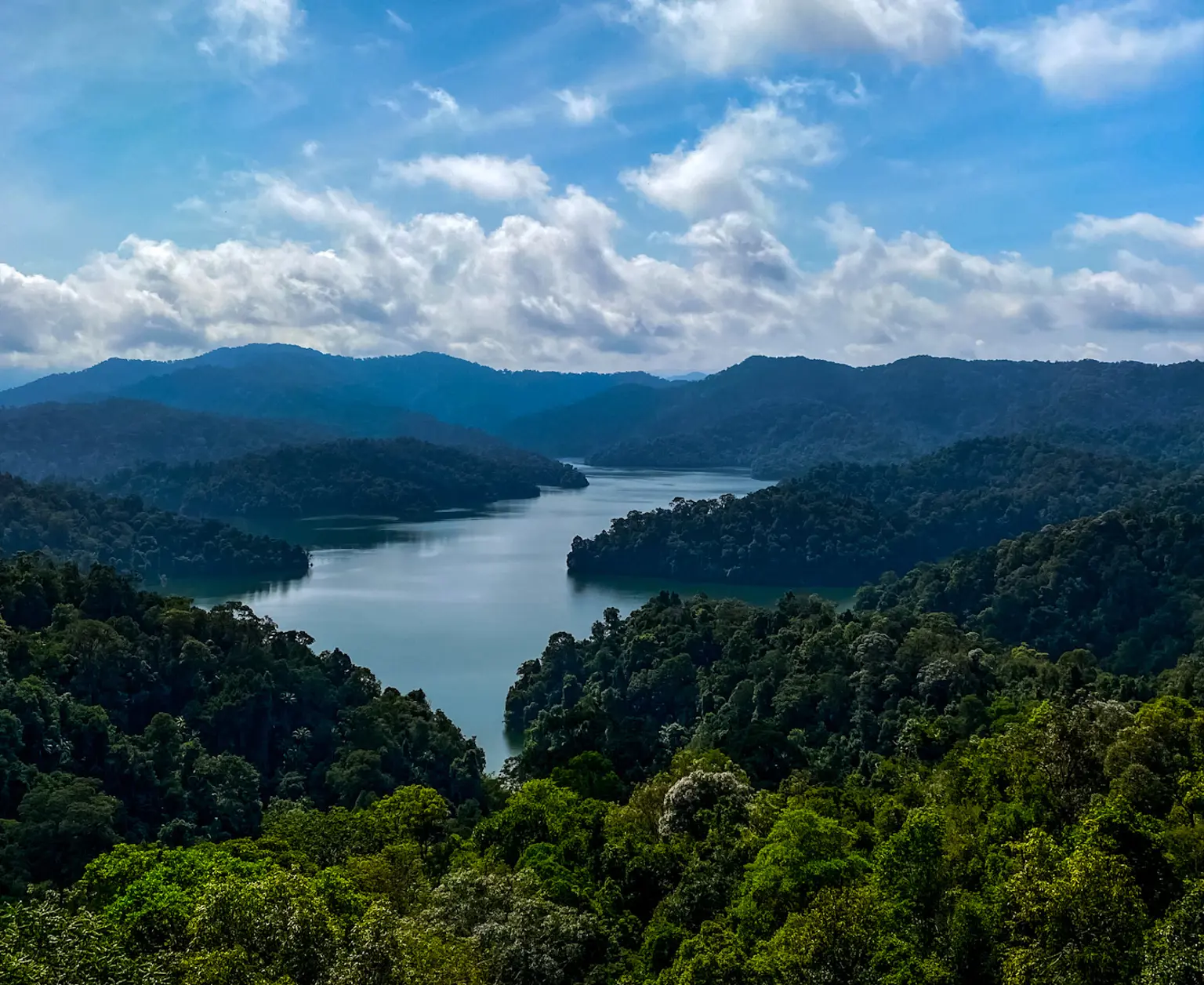Malaysia has some of the oldest and most biodiverse lowland forests on the planet. Unfortunately, deforestation and degradation of forests, climate change, and human-wildlife conflict are threatening forests and biodiversity across Malaysia. We’re partnering with WWF-Switzerland and WWF-Malaysia on a project to protect one of the country’s many crucial forests.
Launched in early 2024, our project focuses on the Ulu Muda Forest Complex, located in the state of Kedah in the northwestern part of Peninsular Malaysia. The forest is home to a huge number and diversity of plants and animals, including a large population of endangered Asian elephants. Many locals depend on the forest ecosystem for their livelihoods.
With the support of local partners, the project aims to improve the management of over 170,000 hectares of forest and pilot the restoration of 25 hectares of degraded area in the landscape.
Our aim is to ensure a resilient landscape that can continue to provide vital ecosystem services for the northern region of Peninsular Malaysia – ensuring water security that enables economic growth, as well as contributing to the nation’s food security.
Protecting the forest ecosystem
Ulu Muda Forest Complex covers close to 164,000 hectares of abundant forest across eight connecting forest reserves. Along with its ecological corridor, the whole landscape extends more than 170,000 hectares. As one of the last remaining large intact lowland forests in Malaysia, it is a biodiversity hotspot.
Despite its importance, the forest ecosystem is under threat. About 80% of the forest is designated for timber production. Loosened soil during timber harvesting washes into waterways, degrading water quality. Furthermore, periodic droughts and floods, intensified by climate change, have worsened the risk towards water and food security. As their habitat shrinks and land-use development at the edge of the forest intensifies, elephants are encroaching on nearby villages, causing conflict with local people.

Our project hopes to change this. To improve the management and conservation in the region, WWF-Malaysia's conservation team will monitor the area and drive efforts to advocate for its protection. Critical sites for reforestation will be identified and restored, involving various restoration methods, monitoring, and maintenance.
While serving as a refuge for an abundance of wildlife, more than 4,900 people from neighboring villages rely on Ulu Muda for water, food, and livelihoods.
Most local people earn a living through rubber tapping, fishing, boating, ecotourism, and other traditional activities connected to the forest. As an important water catchment, Ulu Muda’s forests provide water to meet significant domestic, industrial, and agricultural needs, including the irrigation required for rice production in Kedah, a state renowned as Malaysia’s “Rice Bowl”.

We know that local communities are deeply connected with Ulu Muda and the services it provides. Alongside restoration and management activities, the project will help raise awareness about the importance of the forest and empower local communities to champion conservation efforts.
Read about our other partnership projects
Restoring forest landscapes in Mexico and connecting key landscapes in Thailand
In Mexico, our project is improving landscape management on 100,000 hectares and reforesting and restoring a further 750 hectares of degraded forest.
In Thailand, our goal is to contribute to the country’s 30% by 2030 target by supporting conservation and improved management to improve forest conditions.

All photos © or used with permission of WWF.

